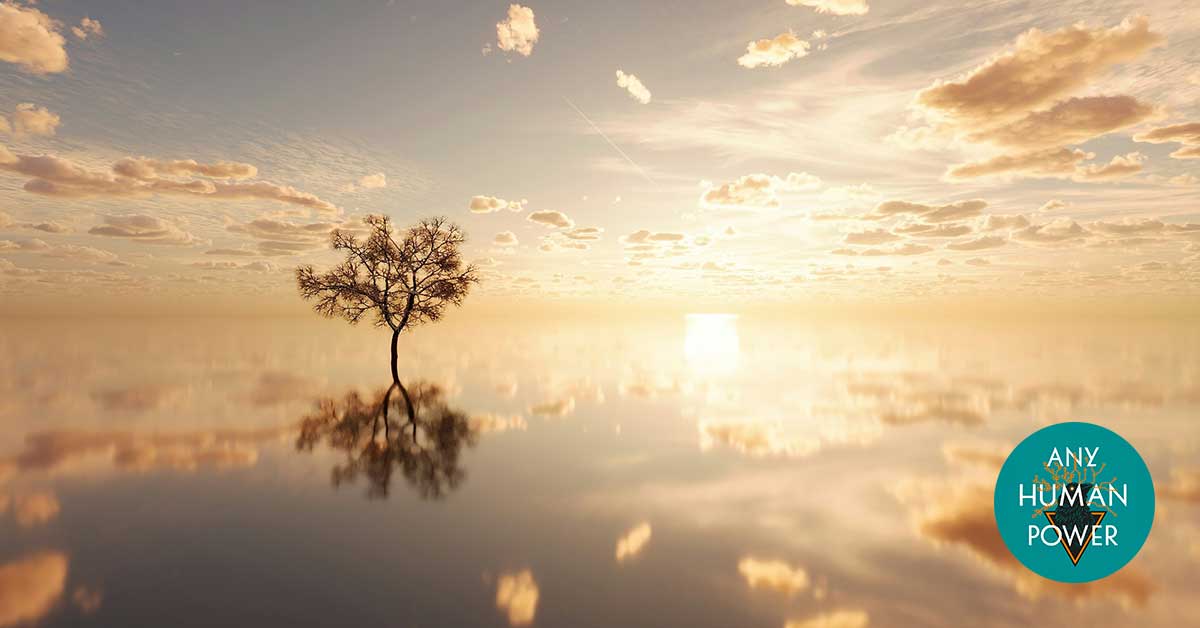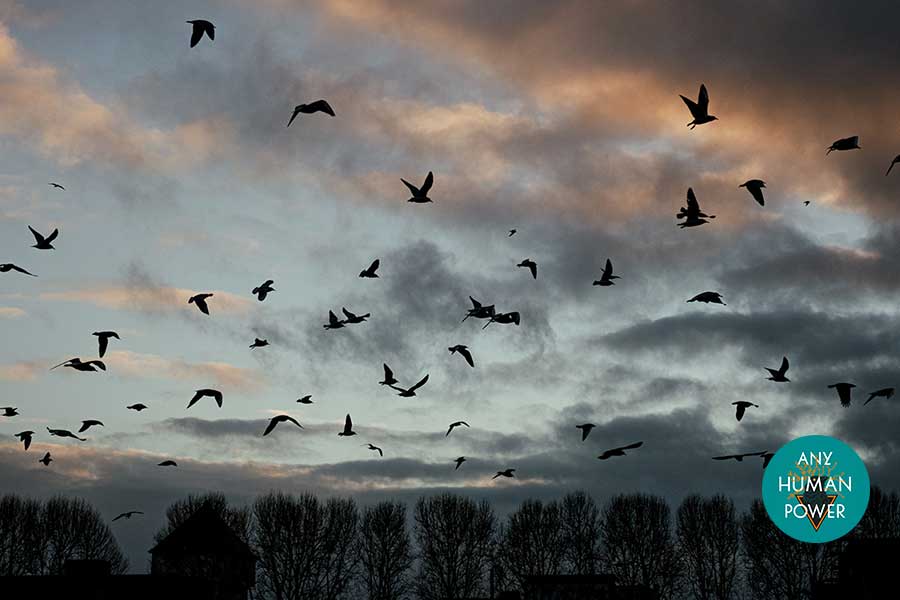THOUGHTS | DREAMS | ACTION

THOUGHTS | DREAMS | ACTION

Life Beyond Death
Visions of Life Beyond Death
Writing a novel from the perspective of someone who dies at the end of the first chapter (truly, this isn’t a spoiler) was always going to be…interesting. But it was part of the vision from the hill and if I’ve learned anything in forty years of shamanic practice, it’s that not all visions come in clear text, and when they do, messing with them in any way is a seriously bad idea.
So Lan had to die to be able to do the things I saw her doing. Specifically, she needed to find a guide who could help her navigate the liminal space between the lands of life and the lands of death and who, particularly, would take her into the Void—a place no sane individual would willingly go— and show her how to split the future, separating out all the many, many timeliness radiating from any given moment. Having done this, assuming some of the apparent futures were not heart-warming, generative or inspiring, the guide needed at least to open the door to Lan’s finding agency in the land of the living. This had to happen three times, and at each point, Lan’s capacity to see had to spread from her immediate family, to the whole movement they were leading and ultimately to the whole of humanity and the web of life. All of this needed to fit into a thriller framework that would make sense to people for whom the Void isn’t even on their radar (which is to say pretty much everyone else in the world) while not leaving gaps in their understanding for the few readers who are already students of this and who might pick up loose threads and run with them if it wasn’t made abundantly clear that this wouldn’t be a clever thing to do.
No pressure, then.
Finding the Paths of the Possible
As anyone who writes will know, doing the research is one of the most fun parts of any book and in this case, it turns out there’s quite a body of secular literature concerning people’s experience of life after death. The emphasis is on secular because I’m not a great fan of monotheistic religions or their narratives – they’re too new, too hierarchical and arise too clearly from what Frances Weller calls the Trauma Culture – which is basically anything that arises from the agricultural mindset, though I think it’s likely the trauma came first – at the point when we believe it’s OK to take what we can, push power to the top and destroy everything else in pursuit of it, then we’re already traumatised. This is a conversation for another time. For now, let’s assume I’m averse to belief systems and to any deity that can’t trace its own origins back to before the agricultural revolution. The origins of deities is also a conversation for another time. We’re putting a lot on the back burner here, but this is what happens when we step outside the (terrifyingly narrow) boundaries of consensus reality. As the outstanding Peruvian shaman, Oscar Mira-Quesada says, ‘Consciousness creates Matter, Language creates Reality and Ritual creates Relationship.’ Our western languages, and particularly English, are gloriously flexible, but only within a tiny range of ideas. Exploring what happens to consciousness after death is fraught with difficulty.
Reading Routes through
So let’s get back to Lan. I read the Tibetan and Egyptian books of the dead in my student years – way back in the last millennium. I’d also fallen into the void once, which was easily the most terrifying thing in my entire shamanic experience. I needed more detail, though, and found it in a number of relatively recent books.
Eben Alexander was my first discovery. He was a neurosurgeon, so his writing spoke to my (former) anaesthetist’s mind. In brief, he’d contracted meningitis and fallen into a coma. He was flatlining and eventually his colleagues and friends – who were also his doctors – said it was time to switch off the life support. His nine year old son climbed onto the bed, prised open his father’s eyes and said, ‘Daddy, it’s going to be OK’ over and over… and Alexander returned to life.
He was then faced with an interesting dilemma because western medicine states that when the EEGs are flatlining then there can be no brain activity. (The hubris of ‘we can’t measure it, so there’s nothing to measure is immense, but this is the way our world currently works). But Alexander had extremely details memories of his experience while ‘brain-dead’ and very little memory of anything else. He describes the risk to his career in some detail because talking about his experience seemed likely to be a career-destroying move, but it was so real, so vivid and so utterly challenging to the western worldview that he felt he had to speak. And in the end, he wrote Proof of Heaven: A Neurosurgeon’s Journey into the Afterlife and then Living in a Mindful Universe: A Neurosurgeon’s Journey into the Heart of Consciousness.
Both are well worth a read and both opened doors to other writing: Life after Life by Raymond Moody and Memories of the Afterlife by Michael Newton were both well written and seemed credible, which didn’t always apply to some of the books I turned up. It’s not, after all, hard to write ideas that confirm what the people around you want to believe. It’s harder to do as Alexander did and go against the grain of your entire professional and social tribe.
Common Paths to Uncommon Places
In all the reading, there seemed to be some common features: there’s a short time window after death when those who have crossed the line have some leeway to influence the living in ways they can’t do later on. I was particularly struck by the story told by a man who had received a phone call from the wife distraught wife of his best friend saying that said friend had just drowned while saving the life of their son. These two friends had regularly played one of the early online games where – rarely – the ‘winner’ had evoked a whoooopeeeee! sound that was particularly joyful for them both. That night, our man played the game alone—and was deluged by endless, almost back to back whooopeee! sounds in ways that were logistically improbable, if not impossible, under the code of the game. So when Lan needed desperately to connect with Finn, to let him know she was there, that she was keeping the promise she’d made as she was dying, to be there for him if he needed her…I had the ideal way for her to do it. She and Finn had played World of Warcraft together – it had been their way of bonding, when a sullen teenaged boy had turned up at the farm owned by his crazy grandmothers, taking refuge from an even crazier time in Glasgow, where being mixed race had suddenly stopped being cool and made of him a target. Warcraft though, they were both completely seeped in it and there’s nothing like the buzz of a battleground if you’re on a winning streak. Lan is a pattern-matcher, it’s what she does best (to be fair, it’s what most of humanity does best, but she knows it of herself) and she can match the patterns deep in the heart of the game-code to see to it that Finn and his team win way, way out of their league on the night she dies.
Which means I got to indulge two of my absolute obsessions: living, shamanic spirituality where the act of psychopomping the newly dead is one of the functions of the tribal shaman—and World of Warcraft. It may seem as if these two are incompatible, and from my current position where I’ve given up the game for the fifth successive time in 20 years, I might agree with you. But when I was writing, they were entirely congruent. And that’s one of the other truly grand things about writing: we get to build the worlds that feel real to us.
So I can bring gaming into a political thriller and show that our communities of passion and purpose can become as healing as our communities of place. And I can explore the Between and the Beyond and how we might all navigate the journey from one to the other. Because while not everyone is going to lead a worldwide movement while playing Warcraft at professional level as Finn does, we are all — every single one of us — going to die one day. And wouldn’t life go much better if we thought the experience might be interesting rather than a blank door of dread?
FOR THOUGHTS, DREAMS & DARING DEEDS, JOIN MANDA'S LIST
SAY HELLO ON SOCIAL MEDIA
You May Also Like…
The Future is already here
‘Any Human Power’ is based on this premise: that there are countless brilliant, highly motivated people coming up with brilliant, workable ideas that can bridge us at least to the emergent edge where we are putting into action all the things we know are the best of ourselves. What happens then is unknowable, but watching it happen will be one of the most exciting things imaginable.
Manda's new novel: ways to a future we'd be proud to leave behind
I genuinely believed I’d stopped writing novels. I’d become a podcaster instead, a smallholder, a holder-of-courses where people could learn in real time the things that might yet still turn us away from the multi-polar cliff edge to which our dysfunctional culture is hurtling us with such terrifying speed. But…



